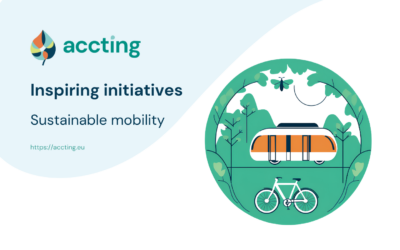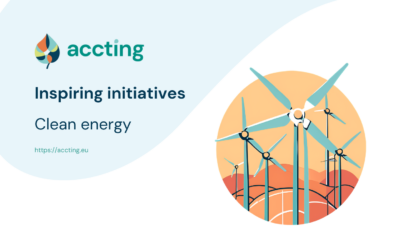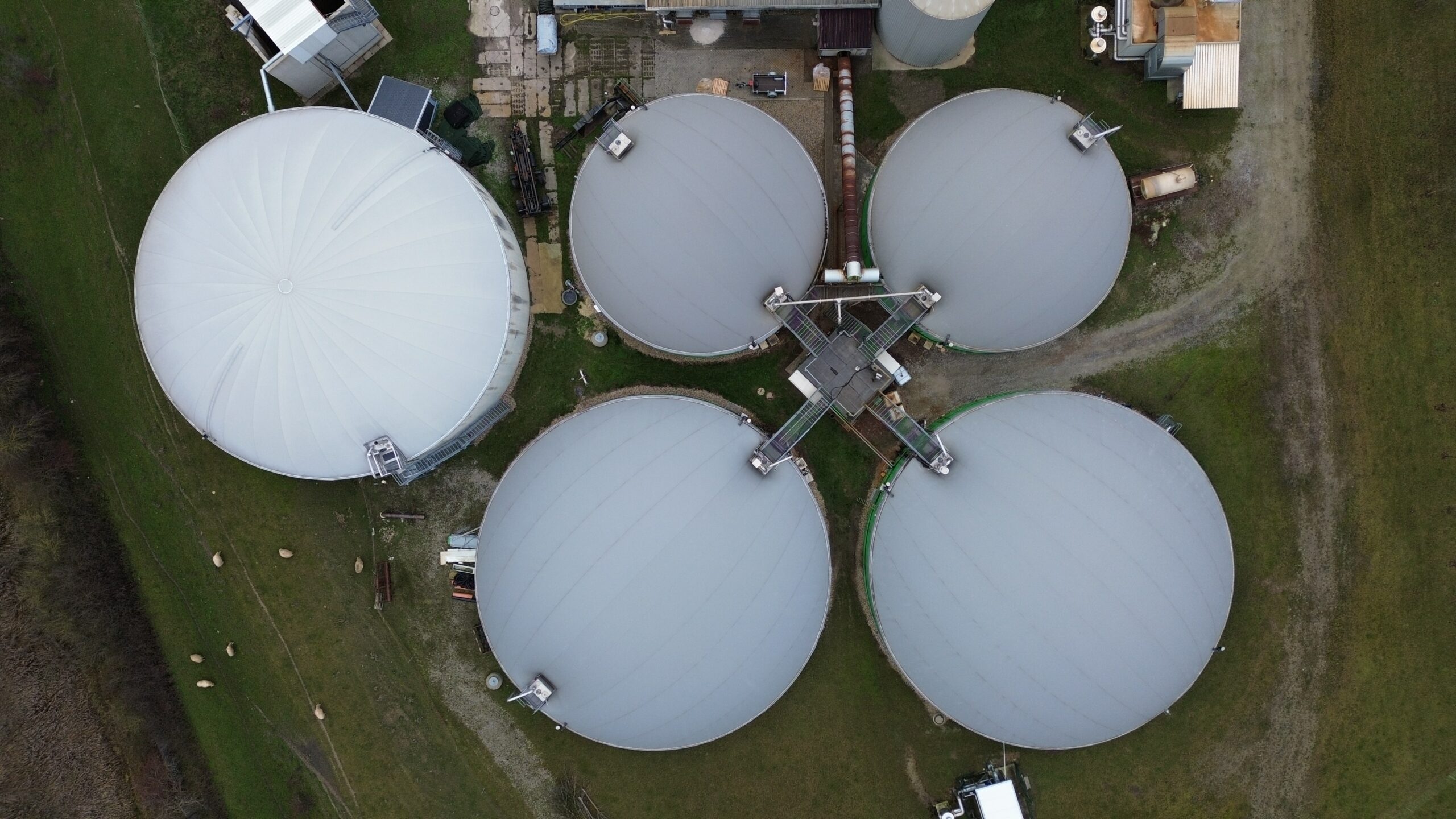
Photo: Julia Koblitz on Unsplash
ACCTING aims to understand the impact of Green Deal policies on vulnerable groups, prevent inequalities, and produce knowledge and innovations to advance behavioural change at individual and collective levels for an inclusive and equal European Green Deal. This bottom-up initiative was collected by Lucia di Paola and Daniel Botha within ACCTING’s mapping of inspiring practice cases, within the Clean Energy Research Line. Read our report on all 693 mapped initiatives.
Måbjerg BioEnergy, Denmark
An innovative project tackling agriculture challenges
Måbjerg BioEnergy is a project situated in Måbjerg, an area on the outskirts of Holstebro town in Western Denmark – one of Denmark’s most important agricultural areas.
The project was a solution to environmental problems arising from the agricultural sector. While this is a significant part of the local economy, concerns emerged about the consequences of run-off from local animal production. The resultant manure is typically spread onto fields in the area, but this was found to release worrying amounts of nitrogen, seeping into the fields in question, with negative environmental impacts in the form of water eutrophication in local wetlands. With these wetlands being newly designated as habitat areas by the EU, the local agricultural industry was forced to change its practices.
Plans for a better future
In response to this, a group of local farmers, worked with larger institutional stakeholders to initiate the development of a biogas plant. This allows the manure in question to be converted into biogases (primary methane) used to produce heat and electricity. The by-products from this process are also harvested and used as fertilizer and fuel for further energy production. At the time of completion (2012), the biogas plant was the largest in the world, with a capacity of handling 560,000 tons of biomass annually and producing 18.4 million cubic meters of biogas.
The vulnerable target group for this initiative was local animal farmers – an example of workers in carbon-intensive industries who, faced with new environmental regulations, find their source of employment placed under threat.
More inspiring initiatives
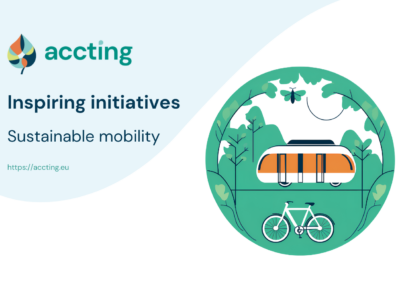
A city on two wheels
In the heart of Sweden, the Uppsala Cycling Association (UCF) has been Read More

Transforming urban transport
Bicycle Łódź is a dynamic social initiative launched by the "Normal ... Read More
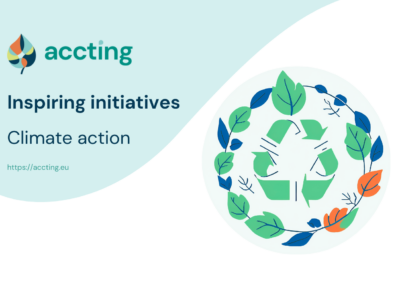
Transforming education for a sustainable future
Ibda L-Bidla is an initiative by Kopin in Malta, designed to integrate Read More

Cycling for change
Vélorution Esch is a community-driven initiative in Esch-sur-Alzette, ... Read More

Revolutionising sustainable mobility in Luxembourg
CARLOH is Luxembourg's pioneering car-sharing service, designed to ... Read More

Paving the Way for a Greener Future
The Wrocław Cycling Initiative is transforming Wrocław into a truly ... Read More

Educating the Next Generation of Cyclists
The Cycling School of Active Citizenship, a project initiated by the ... Read More

Empowering young cyclists for a greener future
The Lisbon Municipal Programme of Bike Trains is an innovative ... Read More


